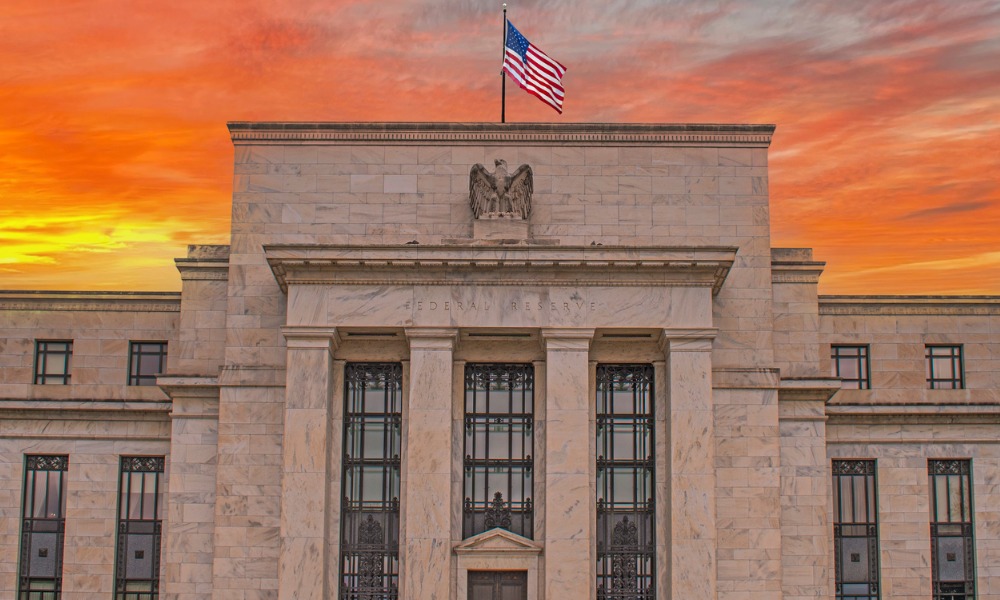Is the case for further Fed rate cuts weakening, given the strong economic data?

The Fed’s most recent interest rate cut decision surprised many, as it made a jumbo reduction of 50 basis points, but was it a mistake?
Just a few weeks later and markets are now considering whether the continued strength of the US economy may mean policymakers have to ease up on loosening monetary policy, amid renewed concerns following Friday’s jobs report that inflationary pressures could return.
Scotiabank’s Derek Holt believe the US central bank committed “policy error” when the FOMC decided to start its rate-cutting cycle with a jumbo.
“The only other times in modern memory when they have cut by 50bps to start an easing cycle were in the exigent circumstances of the dot com and GFC. This is not a crisis,” Holt wrote in a commentary. “The US economy remains deep into excess aggregate demand with a positive output gap. There is no move toward creating disinflationary slack and therefore the US economy hasn’t even begun the lagging out effects of slack into sustainably soft inflation.”
The US jobs report that showed 254,000 jobs were created last month, when the median expectation was 140,000, has seen yields for 10-year US Treasuries rise to 4% and the two-year notes are not far behind.
‘No landing’
Traders are now considering how a ‘no landing’ scenario would play out, or the worse situation where inflation requires restrictive monetary policy from the Fed.
“The pain trade was always higher-front end rates due to less rate cuts being priced in,” George Catrambone, head of fixed income at DWS Americas told Bloomberg. “What could happen is the Fed either delivers no more rate cuts, or actually finds itself having to raise rates again.”
The strong US economy has prompted Goldman Sachs to cut its opinion on the chance of a recession next year.
“We have cut our 12-month US recession probability back to the unconditional long-term average of 15%,” Goldman Sachs chief economist Jan Hatzius said late Sunday, adding that the data “reinforced our conviction” that the Fed will slow the pace of its interest rate cuts to 25 basis points in November.
Scotiabank’s Holt says that the Fed’s jumbo cut has handed the keys of monetary policy to the markets and it will now be forced to act to keep them under control, especially as aggressive rate cuts may send signals that there is a crisis.
“The US economy is strong and quite possibly in a no-landing scenario. That should be celebrated from a growth standpoint but treated very carefully from a monetary policy standpoint that risks unleashing all the same forces that policy tightening sought to bottle up,” Holt concluded.



